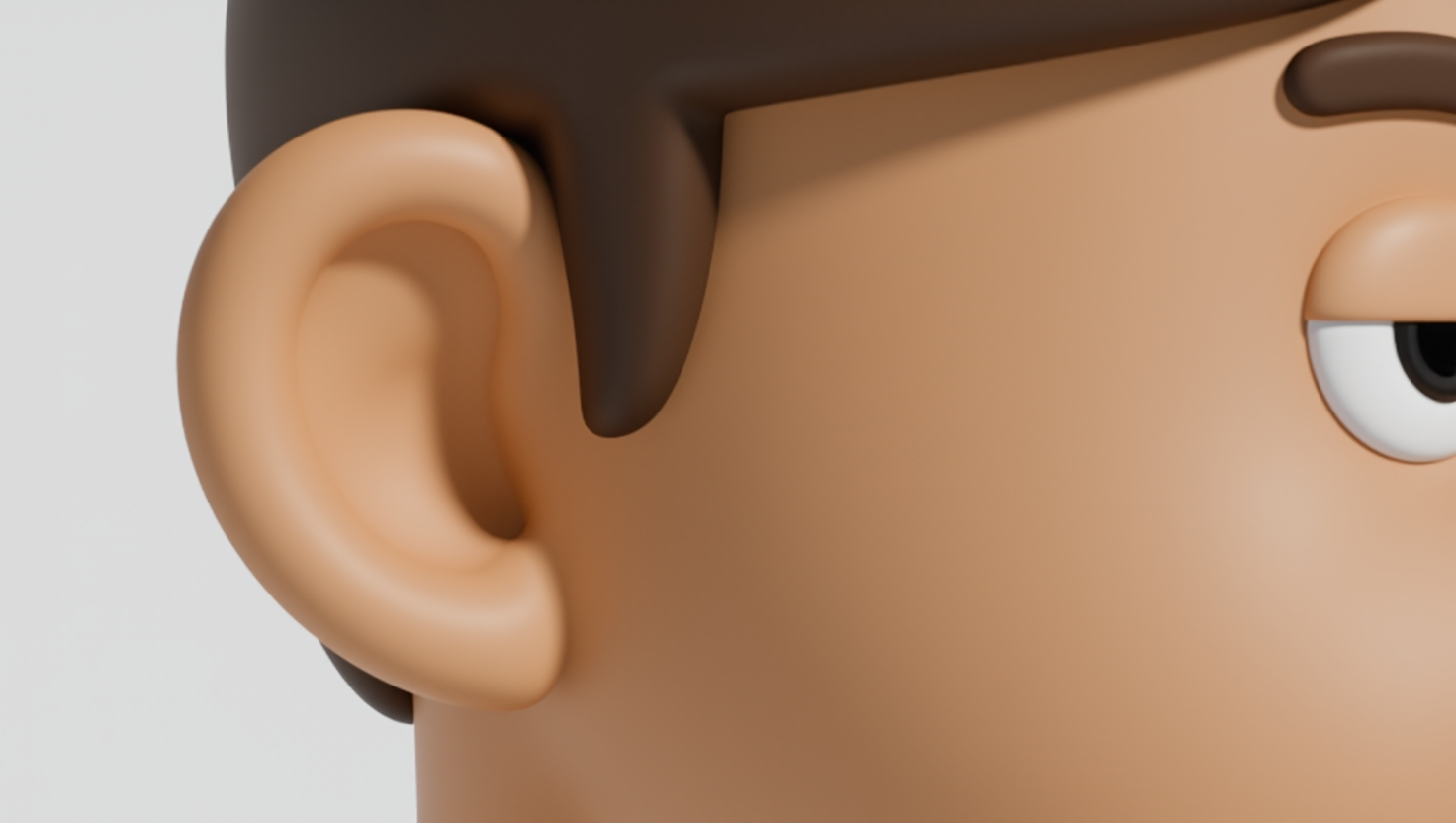What Is Hearing Loss?
Hearing loss occurs when a person’s ability to detect or understand sounds is reduced. This condition can affect either one ear or both ears and may develop gradually over time or happen suddenly. For many people, the experience of hearing loss can range from mild difficulties, such as missing soft sounds, to severe challenges hearing everyday conversations. When sounds become softer or harder to understand, it can impact numerous aspects of daily life, affecting communication, safety, and overall well-being.
Imagine trying to follow a conversation in a busy café, but the voices around you blur together like background static. This is a simple way to understand how hearing loss feels to those experiencing it. It’s important to recognize the symptoms early and seek help, as there are many ways to manage hearing loss today.
Common Causes of Hearing Loss
Hearing loss results from various factors, often related to aging, environment, and health conditions. The following are some of the most common causes people experience:
- Aging: Over time, the tiny hair cells in the inner ear, which help convert sound waves into electrical signals for the brain, can deteriorate. This age-related hearing loss, called presbycusis, tends to develop slowly and affects about one in three people aged 65 and older. These hair cells do not regenerate, so sound signals become weaker or distorted.
- Exposure to Loud Noises: Prolonged or repeated exposure to loud sounds—like those at concerts, construction sites, or even through headphones at high volume—can damage the delicate structures in the ear. This noise-induced hearing loss is preventable, but it can accumulate silently over years. For example, workers exposed to loud machinery without ear protection may notice hearing difficulties decades later.
- Ear Infections: Infections can block the ear canal or damage the middle ear’s components, often leading to temporary hearing loss. Chronic or untreated infections may cause lasting effects. The ear can be viewed as a complex pipeline where fluid and inflammation can disrupt sound transmission.
- Genetics: Some people inherit genes that make them more likely to develop hearing loss, sometimes at an early age. Family history can be a significant factor, especially with hearing conditions that begin in childhood or young adulthood.
When to See a Doctor
Recognizing the signs of hearing loss and consulting a healthcare professional promptly can improve outcomes. Anyone should consider seeing a doctor if they experience:
- Sudden changes in hearing: A rapid loss of hearing in one or both ears may signal an underlying medical emergency and should be evaluated immediately.
- Difficulty understanding conversations, especially in noisy environments: Struggling to follow group discussions or phone calls is a common first sign of hearing problems.
- Ringing or buzzing sounds in the ears (tinnitus): This persistent noise can accompany hearing loss and affect concentration and sleep.
- Pain or discomfort in the ear: Any ear pain along with hearing changes should be assessed by a healthcare provider.
When visiting a doctor, they may perform hearing tests and examine the ears to determine the cause. Early evaluation is essential, as certain treatments can reverse or slow progression, and assistive devices can improve hearing function.
Impact of Hearing Loss on Daily Life
Hearing loss can affect many dimensions of life beyond just hearing sounds. Some of these impacts include:
- Work: Hearing difficulties can make it challenging to participate in meetings, hear phone calls, or understand colleagues, potentially affecting performance and job satisfaction. For example, someone working in customer service may find it harder to assist callers, leading to frustration or errors.
- Social Life: Trouble following conversations often leads people to avoid social gatherings or withdraw from friends and family. This isolation can feel lonely and discouraging, as missing out on social interaction affects emotional health.
- Quality of Life: Struggling to hear daily sounds can cause stress, fatigue, and even depression. People with hearing loss often report feeling mentally exhausted from trying to catch every word or sound. This constant effort and the resulting feelings of isolation may reduce overall happiness.
Understanding these impacts is vital in encouraging people to seek assistance. Hearing aids, auditory training, and community support can help manage these challenges effectively.
---
This article is for educational purposes only and is not medical advice. Please consult a qualified healthcare provider for diagnosis and treatment.
---
Ready to breathe easier? Schedule your visit at Sleep and Sinus Centers today—online or call (678) 689-1100.
If you or a loved one notice any signs of hearing loss, don’t wait to get help—early intervention can make a real difference. Book an appointment with us to discuss your concerns and explore personalized solutions.
Don’t let allergies slow you down. Schedule a comprehensive ENT and allergy evaluation at Sleep and Sinus Centers of Georgia. We’re here to find your triggers and guide you toward lasting relief.



